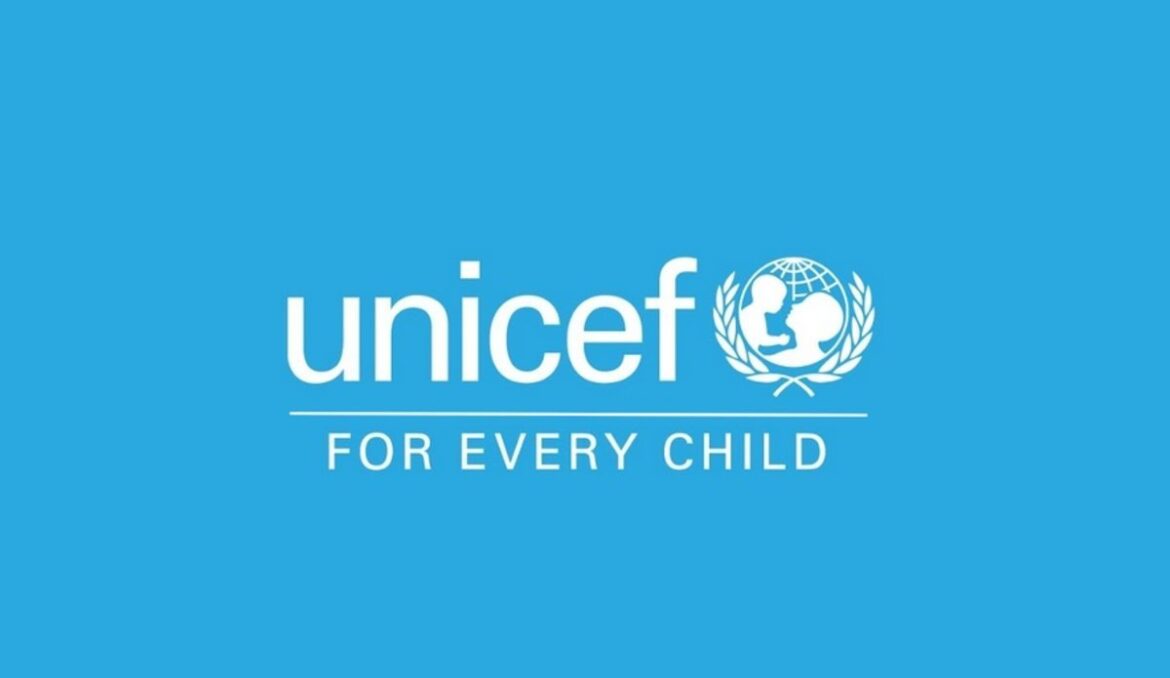By Muhammad Amaan
The United Nations Children’s Fund (UNICEF) has urged Nigerian schools to integrate Female Genital Mutilation (FGM) education into their curriculum as part of efforts to end the harmful practice.
Mr Denis Onoise, a UNICEF Child Protection Specialist, Lagos Field Office, made the call in an interview on the sideline of a 2-Day media dialogue to support advocacy to end FGM in Nigeria in Benin.
According to him, schools’ Guidance and Counselling Departments are crucial in enlightening young people about the dangers of FGM which is a gender-based violence that requires immediate attention.
He urged schools’ management as well as Parents Teachers Associations (PTAs) to join in the advocacy, stressing that addressing FGM at the community level will help change entrenched social and cultural norms.
Mr Onoise emphasised that school authorities, teachers, and PTA forums must take the lead in sensitising children, parents, and guardians about the dangers of FGM.
The UNICEF official noted that educating students about FGM in schools can extend beyond the classroom, influencing families and neighbourhoods to reject practices that threaten girls’ well-being.
He also identified marriage registries as crucial institutions for counselling young couples, reminding them of their responsibilities in raising children free from violence and harmful cultural practices like FGM.
“When couples sign marriage certificates, they should also acknowledge their commitment not to mutilate their female children. This commitment is part of protecting future generations,” he said.
Onoise warned that FGM is illegal in Nigeria, saying that offenders risk penalties ranging from fines of N200,000 to N500,000 or possible imprisonment, depending on the judgment of the court.
“Parents must know that allowing their daughters to undergo FGM attracts serious sanctions. The state is against it, and violators will face the full wrath of the law,” he said.
He emphasised that awareness of penalties and sanctions is crucial for deterrence, noting that families are more likely to abandon the practice once they understand the consequences.
Speaking on the survivors of FGM, the UNICEF official said “psychosocial support has been put in place, offering counselling, awareness programmes, and community education to help them heal and prevent other girls from undergoing the practice.”
He also called for stronger collaborations between schools, marriage registries, and communities, stressing that a coordinated approach is essential to ending FGM in Nigeria.




